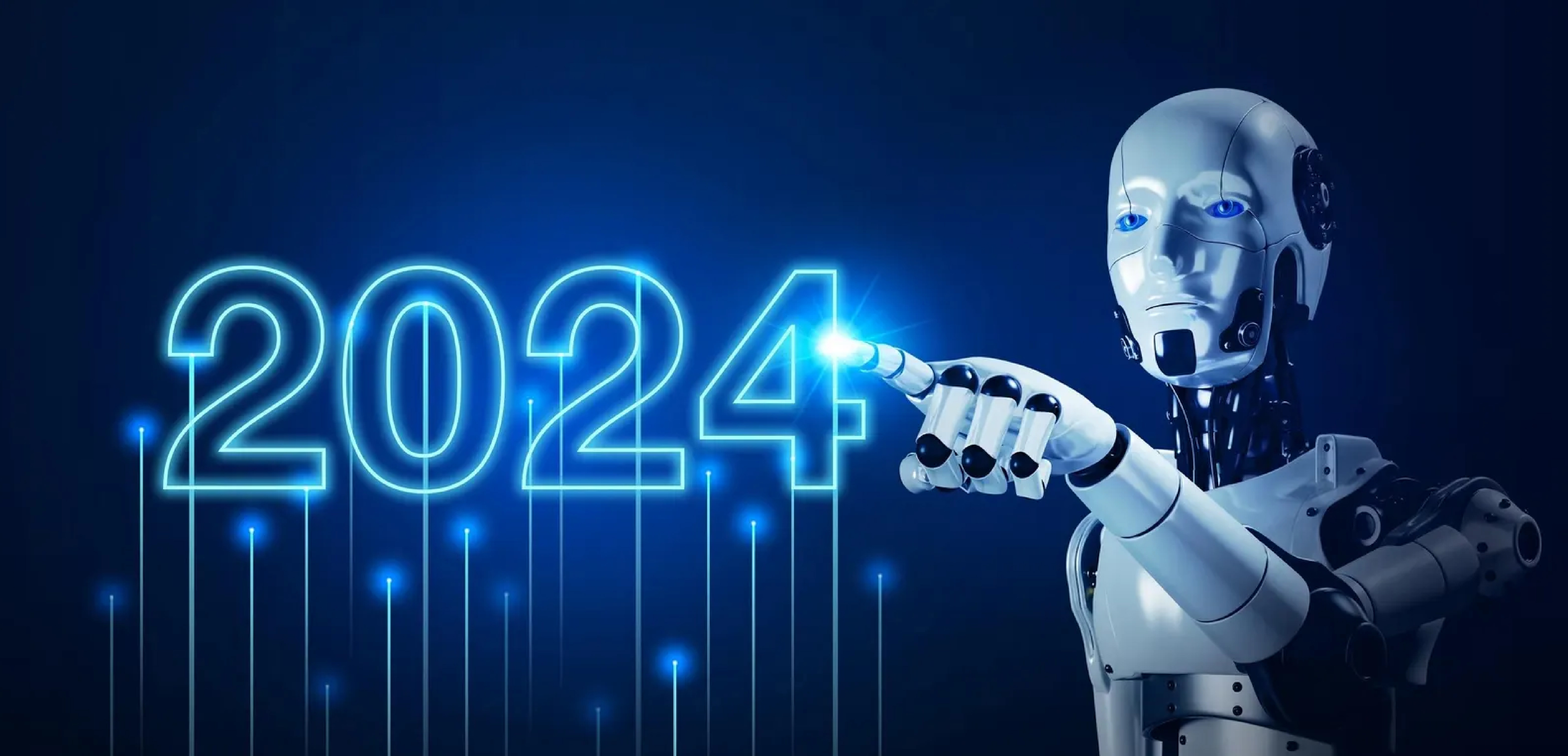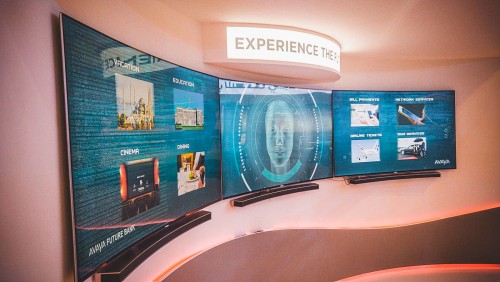The Power of AI in 2024

Advancements in Healthcare:
AI has accelerated medical diagnostics and treatment planning, offering unprecedented precision and efficiency. Machine learning algorithms analyze vast datasets to predict diseases, personalize treatments, and streamline administrative tasks, thereby improving patient outcomes and reducing healthcare costs.
AI in Autonomous Systems:
The deployment of AI in autonomous vehicles, drones, and robotics continues to evolve, promising safer and more efficient transportation and logistics. These systems leverage AI for real-time decision-making, navigation, and environmental adaptation, paving the way for smart cities and sustainable mobility solutions.
Enhanced Customer Experience:
AI-powered chatbots and virtual assistants are revolutionizing customer service across industries. Natural language processing (NLP) enables these systems to understand and respond to customer queries in real time, providing personalized experiences and driving higher levels of customer satisfaction and loyalty.
Impact on Education:
AI is transforming education through personalized learning platforms, adaptive assessments, and AI tutors. These technologies cater to individual learning styles and paces, offering students and educators new tools to enhance learning outcomes and accessibility to quality education globally.
Ethical Considerations and Regulations:
As AI continues to advance, ethical considerations around bias, privacy, and accountability become increasingly critical. Governments and organizations are developing frameworks and regulations to ensure responsible AI deployment and mitigate potential risks, fostering trust and transparency in AI systems.
Conclusion:
In 2024, AI's power extends far beyond mere automation; it serves as a catalyst for innovation across sectors, driving efficiency, personalization, and sustainability. Embracing AI's potential while addressing ethical and regulatory challenges will be crucial in harnessing its benefits fully. As AI continues to evolve, its transformative impact on society underscores the need for collaborative efforts to shape a future where technology serves humanity's collective well-being.







 Call
Call
 Mail
Mail